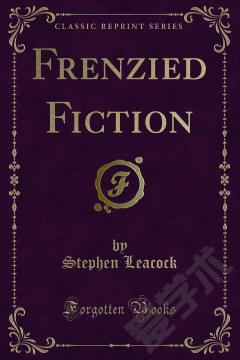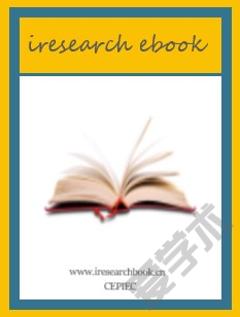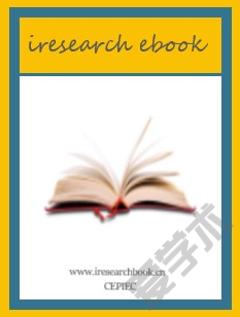Chaucerian Fiction
By analyzing chaucer's major poetic works, robert burlin succeeds in isolating thematic undercurrents with a bearing on the poet's process of composition. He is thus able to relate individual poems to chaucer's view of himself as a writer, and to assess the internal evidence for a chaucerian theory of fiction. Professor burlin contends that a logic underlies chaucer's aesthetic assumptions whose imaginative configuration appears both simple and inevitable in the context of his poetic development. The author first explores possible antecedents for the terms "experience" and auctoritee, and shows that this common antinomy provides the basis for dividing the poems into three groups. In the "poetic fictions," chaucer speculates on the value of poetic activity, on the sources of its affect, and on its validity as a means of apprehension.
{{comment.content}}








 京公网安备 11010802027623号
京公网安备 11010802027623号